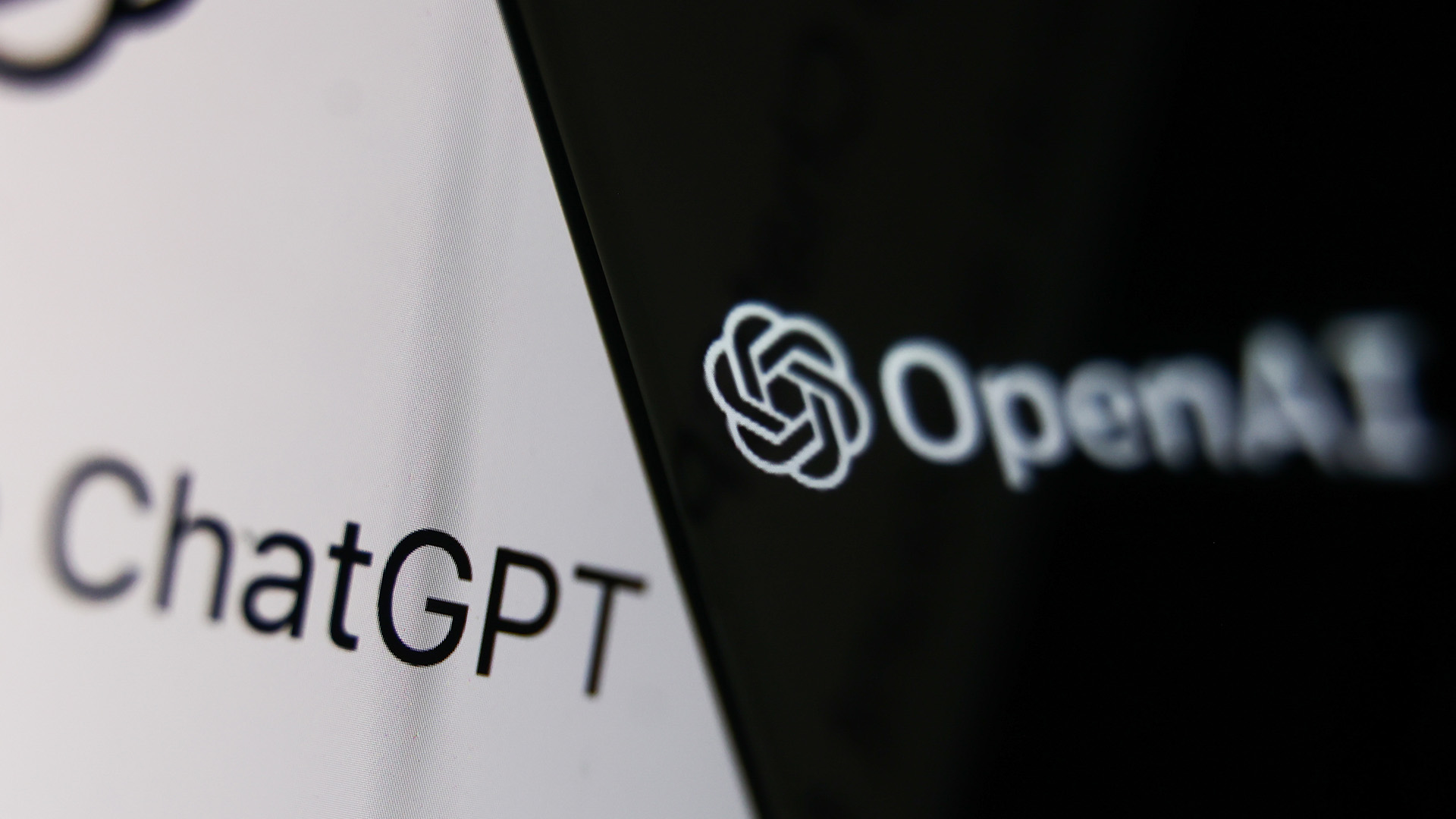
AI doesn't care about copyright. It can't, obviously, because it's AI, and not a human being with thoughts and feelings. But it particularly doesn't care about copyright, partly because the US and UK governments are both pushing to let AI companies scrape data for use in generated text and imagery without a care thrown to the digital wind.
The House of Lords has just denied the UK government's fourth attempt to pass a bill to let it scrape whatever data it likes, and the counter to that is merely a push for transparency over which data is scraped.
The point of this counter from the House of Lords is to allow copyright holders the means to license or protect their information from what effectively amounts to stealing. Those invested in the growth of AI are, predictably, not a fan of paying artists for their work.
Sir Nick Clegg, the former president of global affairs at Meta, and previous deputy prime minister of the United Kingdom, said the House of Lords' wish would "Kill the AI industry in this country", according to the BBC.
The Data (Use and Access) Bill, as suggested by the UK government, argues that AI developers should have access to all the content they like without any consideration towards those who create the data, unless those creators specifically opt out of data collection.
Baroness Beeban Kidron, a member of the House of Lords, has argued that the "state sanctioned theft" of data would be "throwing UK designers, artists, authors, musicians, media and nascent AI companies under the bus".

The most recent amendment to the AI bill argues, "The regulations must require specified business data to be published by the trader or the data holder so as to provide copyright owners with information regarding the text and data used in the pre-training, training, fine-tuning and retrieval-augmented generation in the AI model, or any other data input to the AI model."
According to the BBC, the standstill between the House of Lords and the British government is "uncharted territory" with neither budging on their stance on AI and the arts. Personally, I find the push for AI companies to scrape data unless specifically told otherwise rather telling.
Many artists will not be aware of their rights around AI and will not opt out purely because they haven't been adequately informed. Artists being asked to opt in feels more equitable, but from my conversation with artists, I have a feeling very few would choose to do so. The British government is likely looking to get as much as data as possible to these AI companies, artists be damned.
Similarly, it has been suggested many times that untraining data from AI models is impossible, which means that once the data is scraped, there's no going back anyways. The change for better transparency won through a vote of 242 to 116.
The bill has now been pushed back to the House of Commons, where it could be further discussed this week. This means a fifth push for the bill is likely on the cards.
The argument used by the UK government is similar to that recently used by OpenAI, the owner of ChatGPT. In March, OpenAI appealed to the US government, stating that if it doesn't let OpenAI scrap copyrighted content, America would lose to China.

What is artificial general intelligence?: We dive into the lingo of AI and what the terms actually mean.
Just months before that, OpenAI complained that DeepSeek, a Chinese AI model, stole data from it, which was data OpenAI scraped from others in the first place.
Recently, President Donald Trump introduced the One Big Beautiful Bill act (or OBBB), which attempts to mandate that states could not regulate AI for a decade, among other things, like increased tax cuts and further support for Border Patrol and ICE.
The AI section of this bill has seen criticism from even large Trump supporters, like Republican Marjorie Taylor Greene, for how wide-reaching it is.







